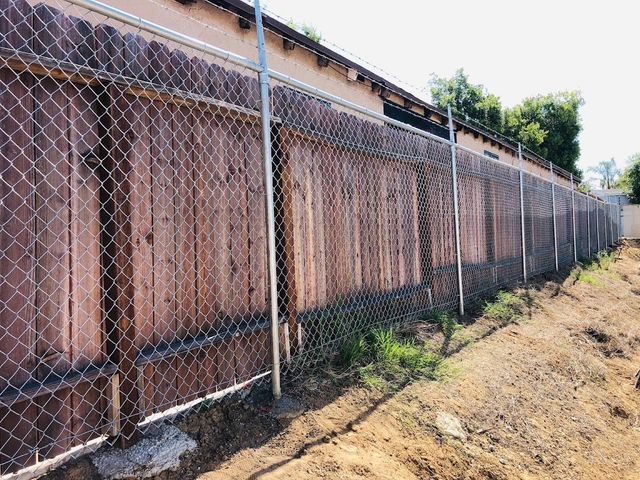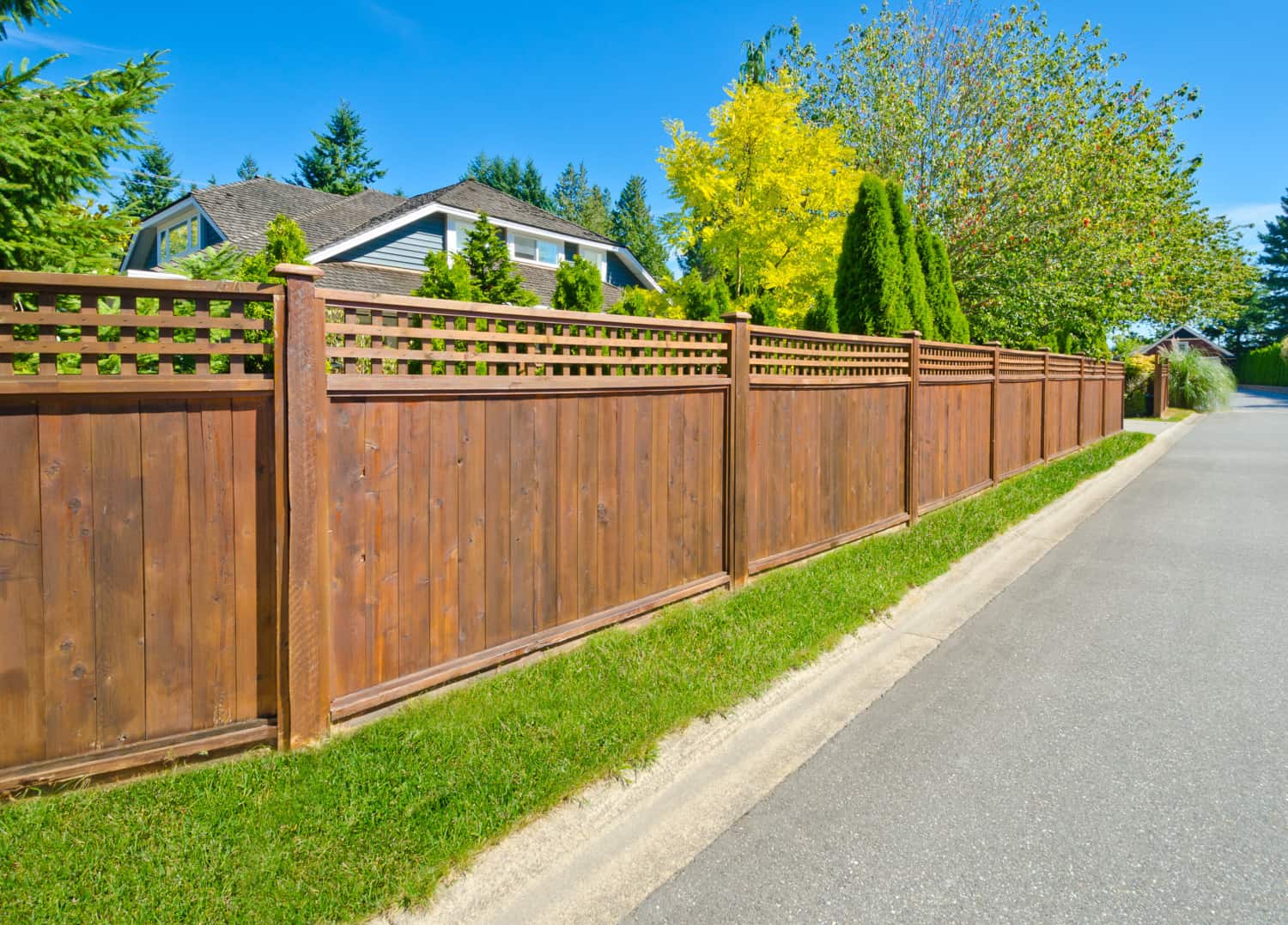All Categories
Featured

When installing a fencing, selecting the right material is vital to stabilizing capability, visual appeals, and budget plan. Wood, vinyl, and aluminum are amongst the most commonly selected secure fencing products, each with its downsides and toughness. This overview explores the benefits and drawbacks of these choices to help you make a notified decision.

Timber Secure Fencing. Pros:. All-natural Elegance: Timber's timeless charm can improve any residential property with its cozy and classic look. Customizable: You can paint, tarnish, or carve wood to fit your design choices. Affordable: Wood secure fencing is initially more economical compared to a few other materials. Ecologically Friendly: As a renewable source, wood is eco-friendly and commonly taken into consideration environmentally friendly. Disadvantages:. Maintenance-Intensive: Regular securing, painting, or staining is required to stop damage from weather and pests. Prone to Decay: Without correct treatment, wood can rot, warp, or split in time. Much shorter Life expectancy: On standard, timber fences last 10-15 years, depending upon the sort of wood and upkeep. Wood is an excellent alternative for those who value visual appeals and want to buy normal maintenance to preserve its appearance and resilience.
Vinyl Secure Fencing. Pros:. Low Upkeep: Plastic requires very little care-- just periodic cleaning with soap and water. Weather condition Resistant: It doesn't warp, rot, or catch insect damage, making it extremely durable in different climates. Longevity: Plastic fencings can last 20-30 years with little to no repair services. Layout Variety: Available in a variety of structures, styles, and shades, consisting of wood-like looks. Cons:. Higher Initial Expense: Plastic fencings are more pricey upfront contrasted to wood. Susceptability to Cold: In very winter, vinyl can become susceptible and weak to splitting. Restricted Repair Service Options: Matching replacement panels can be testing if damage takes place. Plastic secure fencing is ideal for property owners looking for a resilient, low-maintenance service that supplies contemporary flexibility.

Aluminum Secure Fencing. Pros:. Rust-Proof: Aluminum withstands rust, making it a superb option for wet or moist atmospheres. Long lasting: Despite being lightweight, aluminum is solid and can stand up to harsh weather. Low Upkeep: It requires minimal maintenance, generally just occasional cleansing. Long Life-span: Aluminum fencings can last decades without significant deterioration. Classy Style: Typically used for decorative purposes, aluminum fencing adds a streamlined, sophisticated seek to properties. Disadvantages:. High Initial Investment: Aluminum fencings are amongst the costlier choices on the market. Much less Privacy: The open styles common with aluminum fencing do not supply much privacy. Prone to Damages: While sturdy, aluminum can dent if struck with sufficient pressure. Aluminum is an excellent choice for homeowners focusing on aesthetic appeals and longevity without requiring much maintenance.
Making Your Decision. When making a decision between light weight aluminum, vinyl, or timber fencing, consider your concerns:
Timber fits those that value an all-natural appearance and don't mind putting in upkeep effort. Vinyl is the ideal alternative for those seeking a low-maintenance, weather-resistant option. Aluminum supplies streamlined design and long-lasting durability however might lack privacy. By meticulously analyzing these products' attributes, you can pick a fencing that matches your property while satisfying your functional and aesthetic demands.
Latest Posts
Why Complete Circle Advertising And Marketing is Your Media Planning Companion
Published May 12, 25
1 min read
Driving Outcomes with Data-Backed Advertising Techniques
Published May 12, 25
1 min read
Just How Data-Driven Insights Gas Advertising Success
Published May 12, 25
1 min read
More
Latest Posts
Why Complete Circle Advertising And Marketing is Your Media Planning Companion
Published May 12, 25
1 min read
Driving Outcomes with Data-Backed Advertising Techniques
Published May 12, 25
1 min read
Just How Data-Driven Insights Gas Advertising Success
Published May 12, 25
1 min read